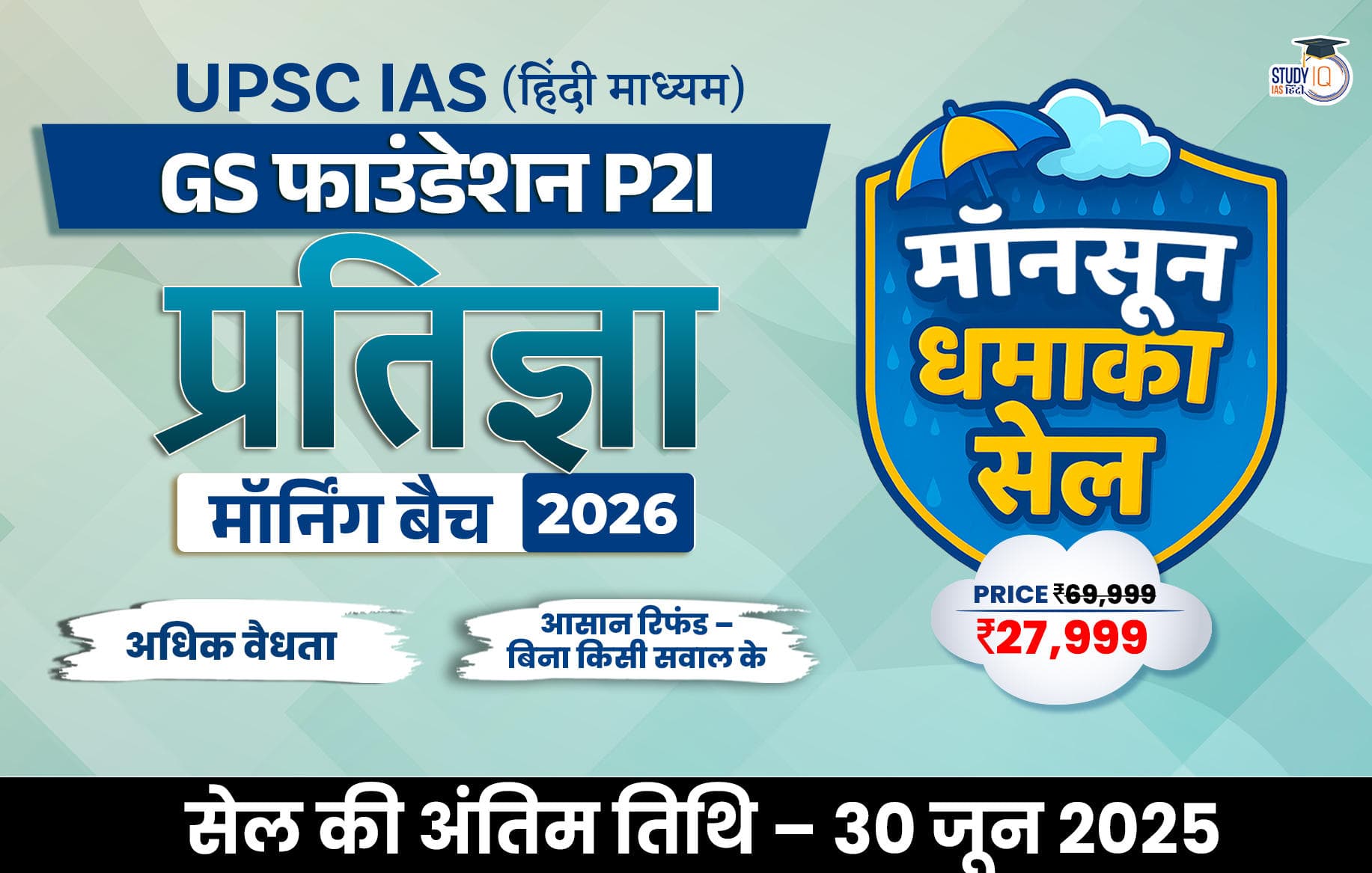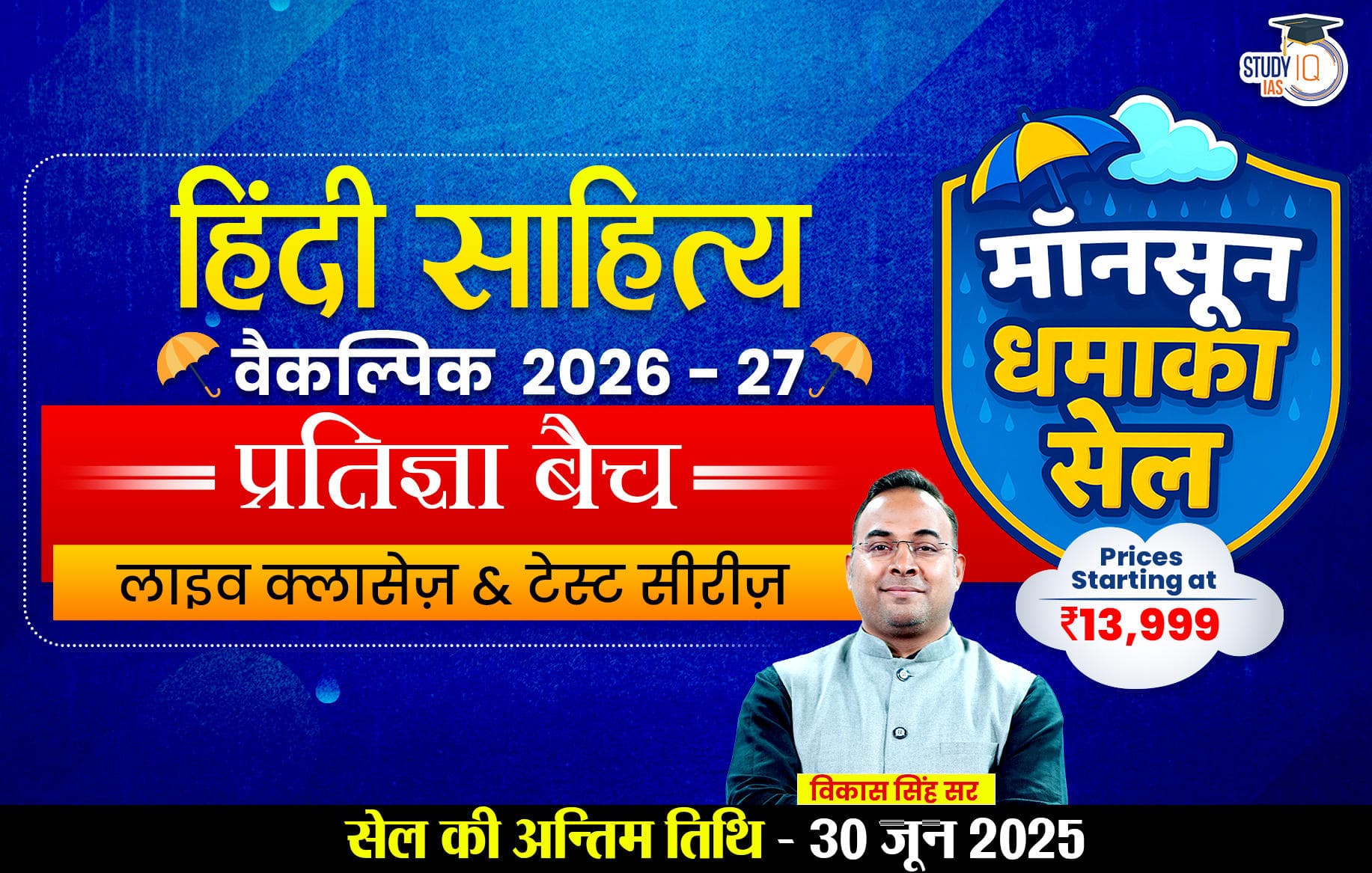Table of Contents
Law Commission of India
The Law Commission, which was established by order of the Government of India and incorporated as the First Law Commission of India in 1955, is an executive body that works on legal reforms. The commission is established for a fixed period and serves as an advisory body to the Ministry of Law and Justice. It is a crucial component of the UPSC polity and governance segments.
Law Commission of India History
At various times in Indian history, law reform has been an ongoing process. Early on, when established law and religion dominated the topic, reforms were made on the fly rather than through legally recognized organizations.
However, following the 19th century, the law commission, which the authorities occasionally created, was given the authority to propose legislative reforms to clarify, consolidate, and categorise specific regulatory divisions where the Indian authorities considered it necessary.
Law Commission of India’s Members
The Commission is made up of judicial and legal professionals. The Commission has a chairperson and additional members. Ex-officio members include the Law Secretary and the Secretary (Legislative) of the Law Ministry.
First Law Commission of India
In India, the first law commission was established in 1834 to carry out the powers granted by Section 53 of the Charter Act of 1833. Lord T.B. Manually served as its chairman, and J.M. Macleod, C.H. Cameron, G.W. Anderson, and F. Millet were its other four members.
The first meeting of the law commission took place in India in 1834. According to the constitution, the Governor-General-in-Council was given control over the first law commission. He or she would periodically choose the body on which the commission would begin its work and submit its findings.
The second law commission was founded in 1853, followed by the third and fourth in 1861 and 1879, respectively. Over a period of 50 years, they added a variety of provisions to the Indian Code of Law. India’s first four law commissioners produced the Indian Contract Act, Indian Code of Civil Procedure, Transfer of Property Act, Indian Evidence Act, and other laws.
Law Commission of India Functions
The law commission reviews India’s laws and existing legal guidelines on occasion upon request from the Central Government or Suo-Motu in order to establish new laws and make improvements. Additionally, it embraces research and seeks to change how justice is delivered in order to end protracted legal proceedings, expedite the resolution of cases, lower the expense of litigation, etc.
- Examine/abolish obsolete laws: Finding rules that are no longer applicable and urging the repeal of outmoded and worthless legislation.
- Law and poverty: assessing laws that have an impact on economically underdeveloped societies and conducting post-audits for socio-economic legislation. To implement the Directive Principles and realise the goals outlined in the Preamble of the Constitution, it may also be necessary to propose the adoption of new rules.
- Judicial administration: Expressing opinions about judicial and legal administration to the relevant authorities. The Ministry of Law and Justice may receive these opinions from the government.
- Research: Legal professionals investigate a range of legal reforms.
- Review current laws to improve gender equality and make suggestions for changes.
- Periodically submitting reviews to the Central Government and recommending reviews on all topics, problems, and studies.
21st Law Commission of India
The most recent to be established was India’s 21st Law Commission. It was in place from 2015 to 2018. Balbir Singh Chauhan, a former Supreme Court justice, served as the chairman. It provided the government with 15 reports. The most recent report was Report 277, “Wrongful Prosecution (Miscarriage of Justice): Legal Remedies.”
Other studies the panel provided covered a range of topics, including human DNA profiling, hate speech, reviewing judicial disobedience, mandating marriage registration, the BCCI, sports betting, etc.
22nd Law Commission of India Roles and Responsibilities
It will identify laws that can be swiftly abolished since they are no longer required or relevant. The 22nd Law Commission will review current legislation and provide suggestions for changes. Additionally, it will suggest laws to carry out the Preamble of the Constitution’s Directive Principles.
It will take all necessary actions to assist the disadvantaged using the law and legal procedures. The law commission will streamline general-purpose laws and get rid of their quirks, ambiguities, and unfairnesses.
Law Commission of India and Report Preparations
Discussion during Commission meetings during this phase aids in creating consensus among Commission members as well as in clarifying concerns and prioritizing research. The preliminary work of the Commission often yields a working paper outlining the issue and proposing possibilities for improvement. When formulating recommendations for legal change, the Law Commission has been concerned to make sure that the widest possible spectrum of people is consulted.
During this process, partnerships are created with academic and professional organisations. The Commission’s staff reviews and arranges the information for proper inclusion in the report, which is either written by the Member-Secretary, one of the Members, or the Commission’s Chairman, after the facts and informed opinions have been gathered.
The entire Commission then discusses it in depth for a long time. The Commission may decide to suggest an amendment or a new bill to be attached to its report once the report and summary have been completed. The final report is then given to the government after that. The Commission welcomes suggestions on the topics it is debating from any person, institution, or organization. These suggestions may be sent to the Member-Secretary.
Law Commission of India UPSC
India has had law commissions since long before its independence. The Charter Act of 1833 led to the establishment of the first Law Commission, which was headed by TB Macaulay, in 1834.
The first such commission, presided over by Lord Macaulay, was established in 1834 as a result of the Charter Act of 1833 and promoted the codification of the Criminal Procedure Code, the Penal Code, and a few other concerns. Then, in 1853, 1861, and 1879, respectively, the second, third, and fourth Law Commissions were constituted. Over a fifty-year period, it made a substantial contribution to filling the Indian Statute Book with a wide range of legislation based on the then-current English Laws and modified for Indian conditions.

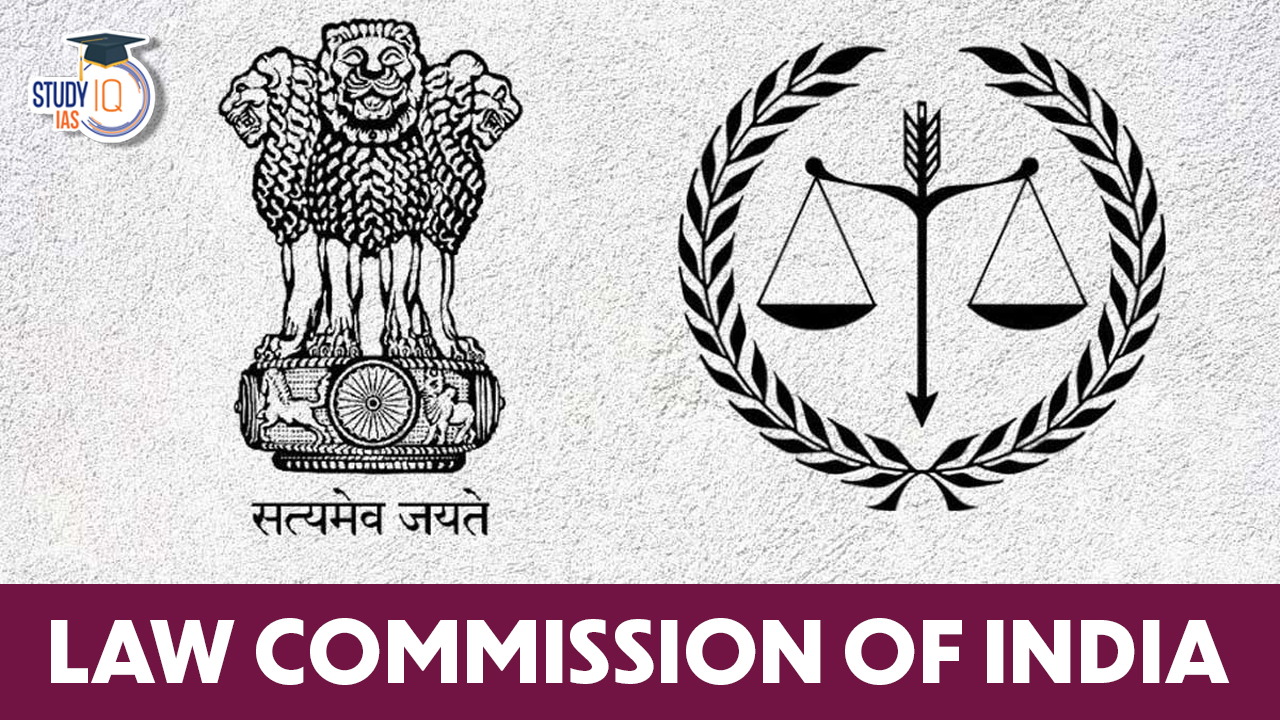
 Indian Secularism: Constitutional Provis...
Indian Secularism: Constitutional Provis...
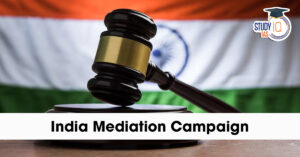 India Mediation Campaign, Objectives, Pr...
India Mediation Campaign, Objectives, Pr...
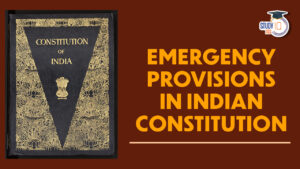 Emergency Provisions in Indian Constitut...
Emergency Provisions in Indian Constitut...


